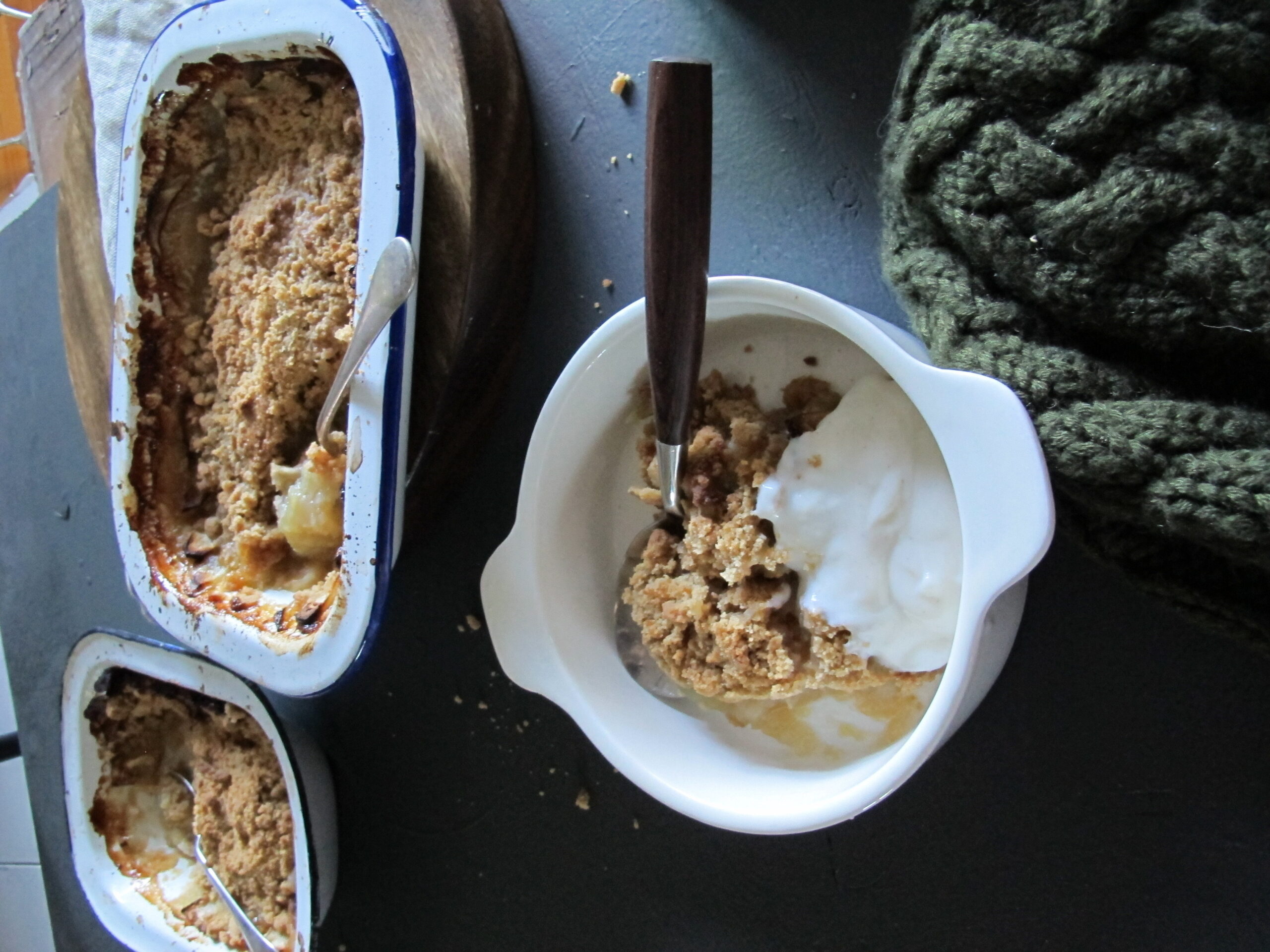Get rid of unhelpful habits by using research-backed tactics. Psychology expert Alice Boyes explains how.
Tired of being stuck with the same old bad habits? Try out these proven techniques.
1. Focus on a new habit
Breaking bad habits starts with the new goals you set for yourself. Professor Art Markman, author of Smart Change: Five Tools to Create New and Sustainable Habits in Yourself and Others offers the following advice: “Don’t try to stop doing the behaviour you want to avoid. Instead, focus on new behaviours you want to learn to replace the old ones. Your habit-learning system can only learn to do something. It cannot learn not to do something.”
2. Tweak the environment
Look for environmental solutions to help build your alternative habits before you opt for internal, willpower-reliant solutions.
For example, take the resolution to drink more water. I recently moved into an apartment that has a rectangular water jug inside the fridge. It’s only 8cm wide but takes up the entire height and depth of the shelf, meaning it can’t be shoved to the back to make room for other items. It has a built-in tap so I don’t need to lift the jug out of the fridge to pour the water. Because it’s exactly at eye level and it’s positioned on the side of the fridge where the door opens, it’s always the first thing I see when I open the fridge. Without any effort, my water consumption has gone up.
3. Small environmental changes, big difference
When you’re trying to develop an alternative habit, the new habit needs to be literally right in front of your nose, at the right time. In my case, if the jug wasn’t at eye level, or was positioned on the hinge side of the fridge, that would likely make a big difference to its effectiveness. Having a traditionally shaped jug of water in the fridge has never made any difference to my water intake – but my new jug with its built-in tap has had a huge effect.
Part of the reason the water-jug solution works so well is that it means I naturally encounter the jug cue at the exact moment when I may be mixing up the idea of hunger with my body’s cues that I’m thirsty.
4. Learn to ‘urge surf’
Strategies such as distracting yourself or rationalising are likely to work best for low-intensity cravings. But when cravings are high-intensity, you may need to combat them with procedures that involve paying mindful attention to these powerful urges.
5. Plan ahead
Let’s say the habit you want to break is overeating whenever there’s free food provided at work. Think about what you will say when your coworker asks, “Aren’t you having a piece of cake?” People who plan ahead of time how they’re going to implement new habits, and who mentally prepare for possible stumbling blocks, achieve a lot more than people who merely set goals.
6. Join supportive groups
A recent study in Hawaii led by Professor Janet Latner, formerly a senior lecturer at the University of Canterbury, showed that people were able to lose weight and keep it off when they attended a behaviour therapy support group for six months to learn skills, and then participated in 18 months of follow-up. Participants in the study had tried lots of techniques in the past but the support of their small group (each group had ten members) was what finally helped them change their daily habits.
7. Forge new routines
Do you want to up your intake of fresh fruit and veggies? Focus on doing more of the right thing rather than less of the wrong thing. It’s a bit like how the new Heart Foundation food pyramid has been flipped, putting the vegetables and fruit we should eat ‘most of’ at the top. Sign up for a weekly delivery of fresh fruits and veggies, for example at www.ooooby.ning.com, or ensure you choose a tasty, seasonal selection when you first enter the supermarket. Visit the weekend farmers’ market, but plan for possible stumbling blocks such as arriving hungry – to ensure you avoid spending your money on lunch or snacks instead of on produce for the week ahead.
Want more from Alice Boyes? Click here
Alice Boyes, PhD, is author of The Healthy Mind Toolkit and The Anxiety Toolkit.







